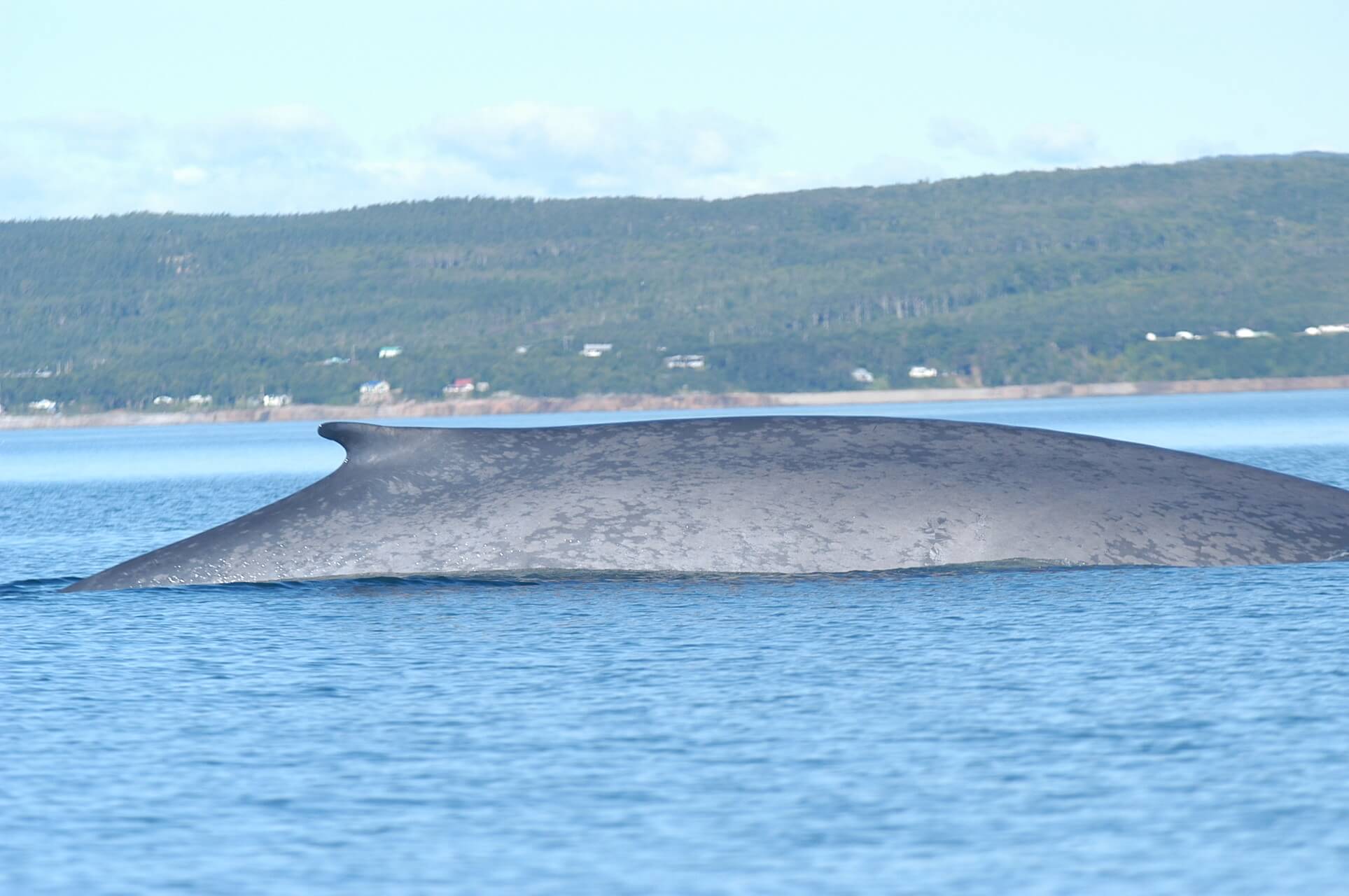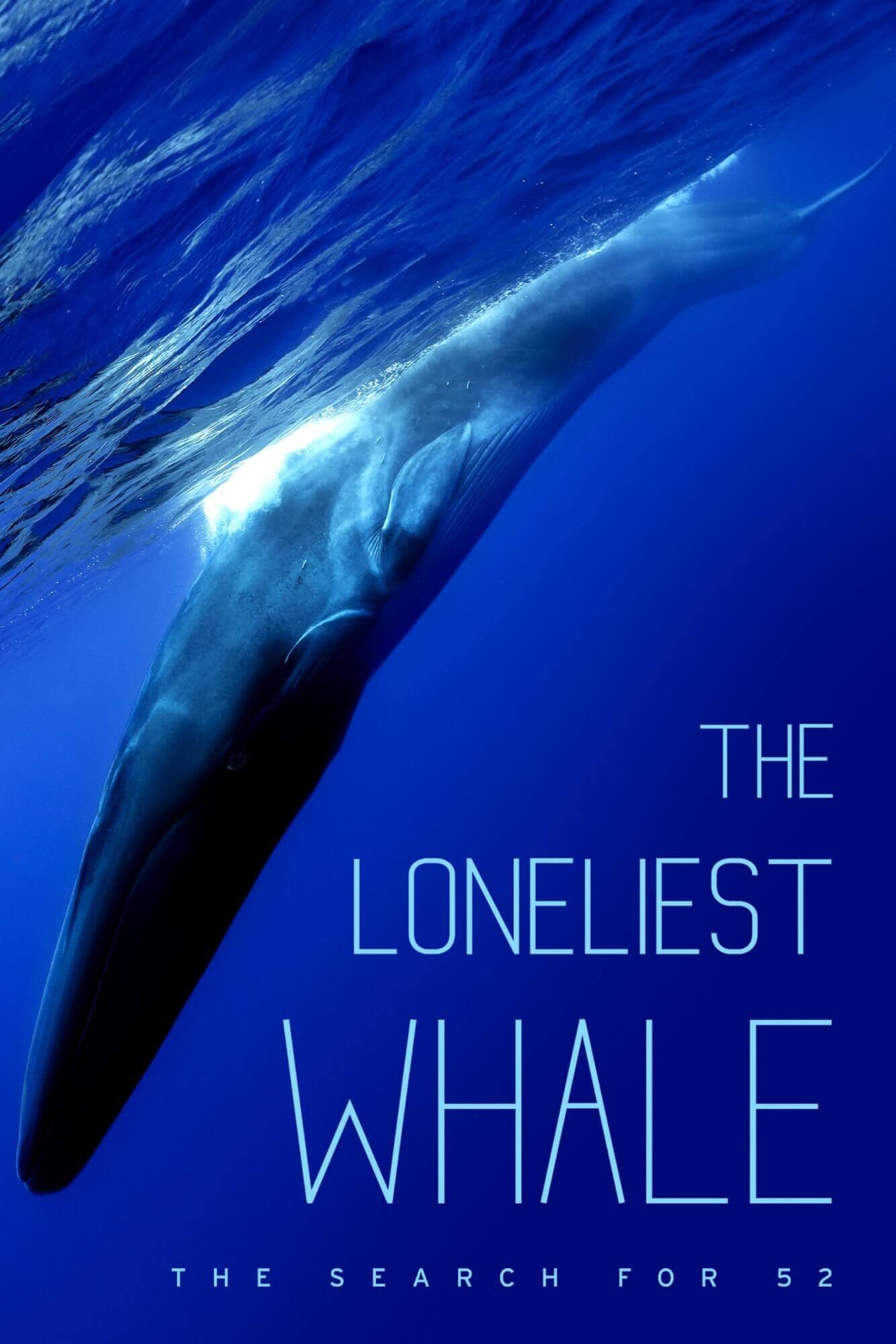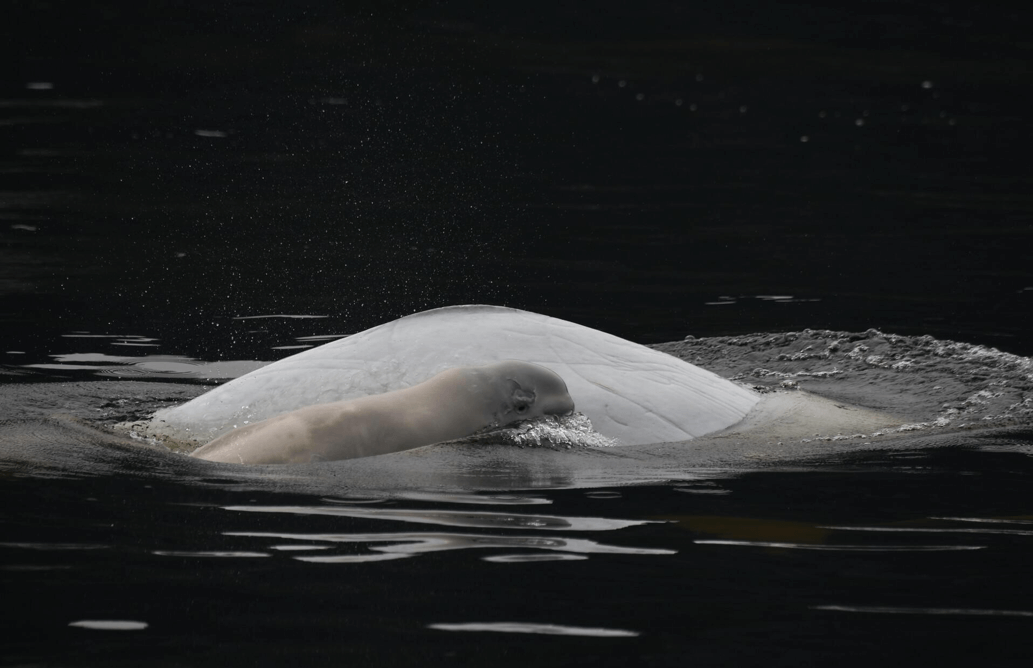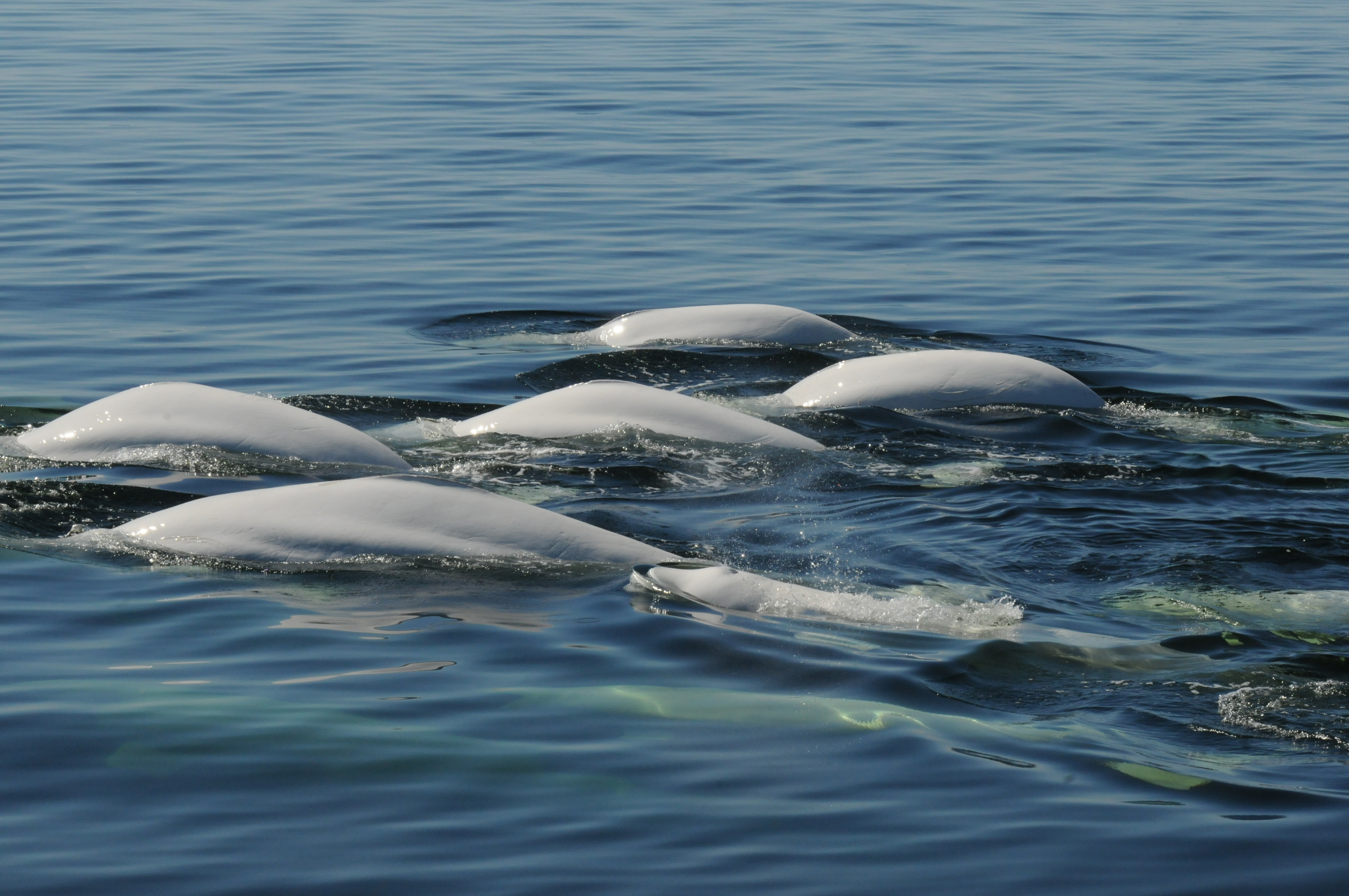In the documentary The Loneliest Whale: The Search for 52, a group of scientists sets out to find a whale considered to be lonely because it sings differently from all of its peers. Though it does have a particular focus on the story of this unique whale, the film ultimately underscores the importance of chronicling fascinating stories to raise awareness of the challenges faced by these giants of the sea.
Whale 52: a story of solitude
Never observed, this whale is known only by its songs, which resonate at a frequency of 52 Hz. This frequency does not match the vocalizations of any known large rorqual. Blue whales normally have more lower-pitched vocalizations in the range of 10 to 39 Hz. So is Whale 52 capable of communicating with other individuals, or does it feel lonely, calling out in the middle of the ocean but never getting a reply?
This potential loneliness has greatly moved audiences and inspired numerous artists since the animal was first discovered in 1989. This is what the documentary seeks to convey as it presents a series of discoveries pertaining to Whale 52.
Is it possible that this whale feels sad? This question is explored in detail in the film. As a matter of fact, Whales Onlinehas recently taken an interest in whale emotions!
Talking about a single individual to talk about the species at large
“When people care, they can change the world,” affirms biologist Roger Payne in the documentary. This American scientist discovered in 1967 that the vocalizations made by humpbacks sound like songs. In his view, if we hadn’t heard these whales sing, we would never have saved them. Thus, the documentary presents human attachment to an animal species as an essential step in its protection. This is why the discovery of the intriguing Whale 52 is portrayed as a milestone in the history of raising awareness of the importance of protecting whales and their ecosystem.
In fact, throughout the documentary, Whale 52’s story sometimes appears as a pretext to talk about whales and the threats they face. When scientists explain the role of sound and the sense of hearing in whales, it is also an opportunity for them to touch on the impacts of noise pollution on the ecosystem.
Scientists in the spotlight
The documentary features commentary by a number of researchers and presents the work they conducted during the expedition in search of Whale 52. On the plus side, the film illustrates the ups and downs experienced by scientists who work with whales.
However, greater effort could have been made to put the remarks made by the researchers into layman’s terms. The links between their observations at sea, the data they collect and the conclusions they draw are sometimes difficult to understand. The occasional switching between expedition footage and segments based on historical images may be a source of this confusion.
Nevertheless, the historical aspects incorporated into the documentary were most enjoyed by the team at Whales Online! We fully recommend that you take the plunge into this documentary and follow scientists and filmmakers in their quest to identify Whale 52.






